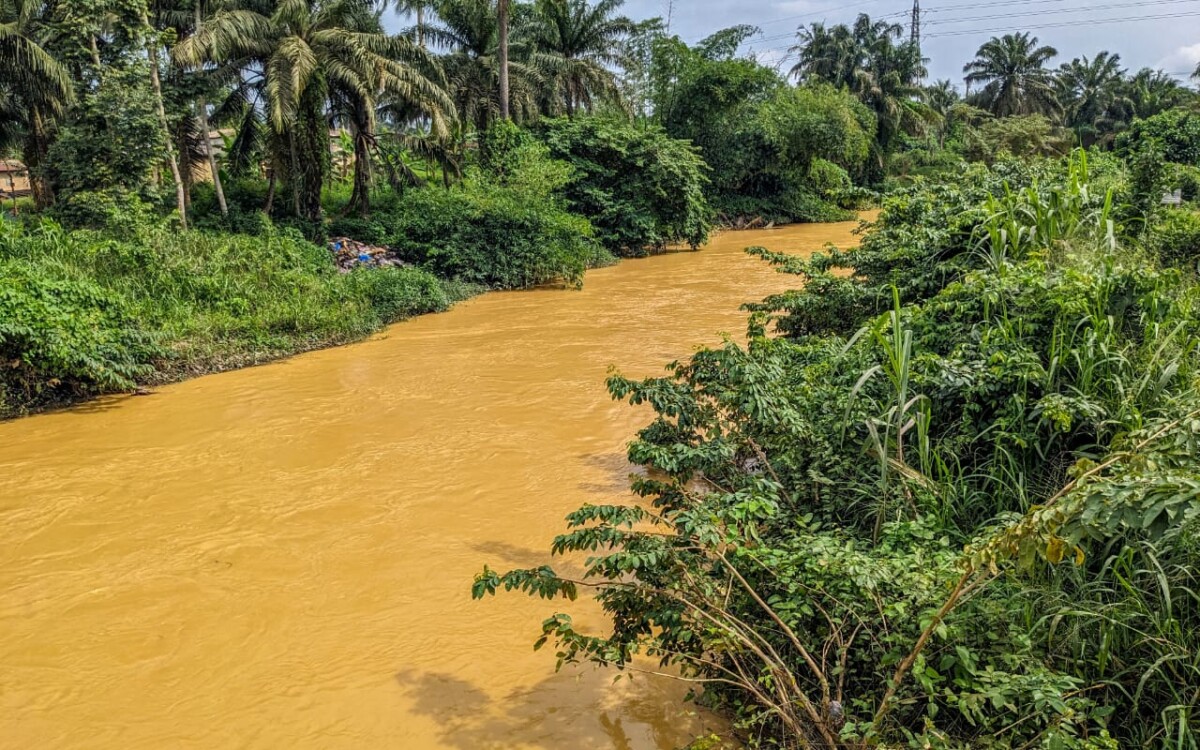Ghana: Mercury Impact Assessment Project

Assessing the mercury contamination levels in key environmental matrices such as crops, water, soil, and fish to understand how mercury interacts with our food system.
Environmental Protection Agency, Ghana and Foreign Commonwealth Development Office, UK Government
Mercury, a toxic heavy metal, poses significant risks to human health, particularly when individuals are exposed to it. In Ghana, mercury pollution largely stems from artisanal and small-scale gold mining (ASGM), which is prevalent across 13 regions. The Mercury Impact Assessment Project is initiated to assess contamination levels in key environmental matrices such as crops, water, soil, and fish. This evaluation aims to understand how mercury interacts with our food systems. The project focuses on four hotspot regions known for mercury pollution: Eastern, Western, Ashanti, and Savannah region.
Pure Earth launched the Mercury Impact Assessment Study Project in Accra. The project, funded by the Foreign Commonwealth Development Office (FCDO) through The Evident Fund (TEF), is a collaborative effort spearheaded by the Blacksmith Initiative dba Pure Earth Ghana and the Ghana Environmental Protection Agency (EPA). This initiative aims to meticulously assess mercury contamination in selected mining sites across Ghana, particularly within the artisanal and small-scale gold mining (ASGM) sector.
